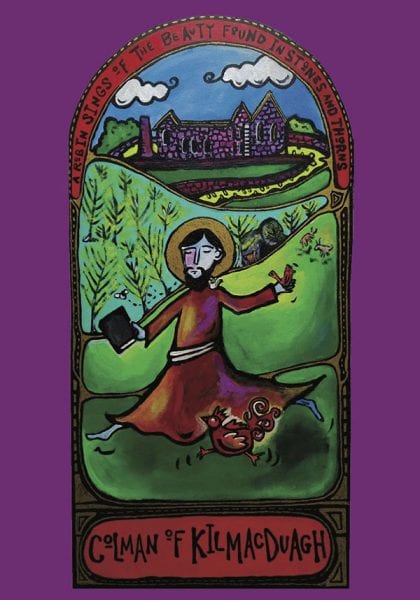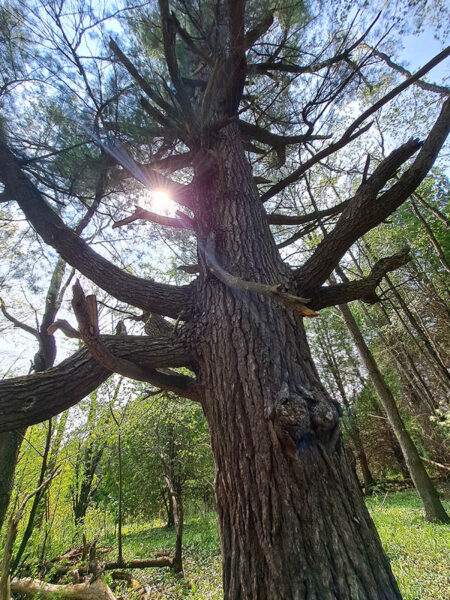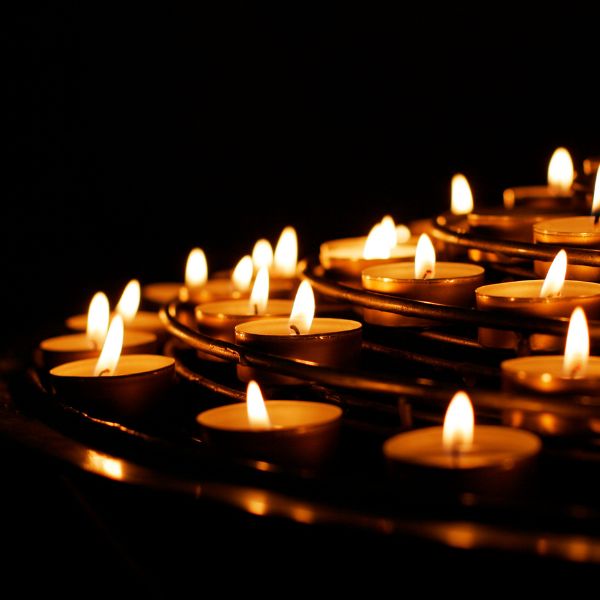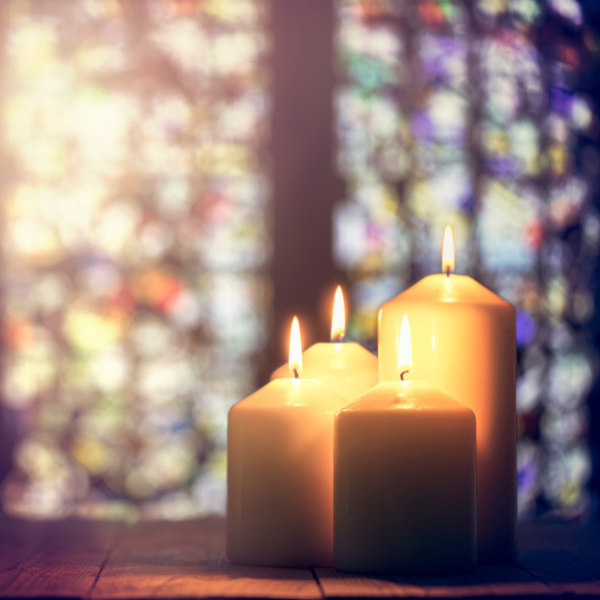I am delighted to share another beautiful submission to the Monk in the World guest post series from the community. Read on for Pat Leyko Connelly’s reflection, “Cleaning as a Contemplative Practice.”
My husband and I retired and moved from Northern New Jersey to Weston, Vermont seven years ago. I had spent most of my career in parish ministry and my husband was a teacher. After almost 40 years of visiting and making retreats at Weston, Priory, a Benedictine Monastery in Southern Vermont, we knew in our hearts that this was where we wanted to retire.
Our friendship with the Monks had grown over all those years of visiting and we felt very blessed. That blessing of friendship and sharing of spirituality led to what now seems an inevitable next step, to become Oblates, promising stability to this particular monastery and to follow the Benedictine way of life. We both have celebrated out fifth year as Oblates.
As part of the extended community at the Priory, we help with the Benedictine charism of extending hospitality… My husband is there five days a week, helping with snow removal or lawn care. He LOVES it after over 30 years in a class room, especially keeping the grounds beautiful for everyone who visits. Guests are always grateful.
My duties entail helping to keep the Priory’s front parlor and rest rooms vacuumed and clean for the visiting guests. Some days I am tired and feel sorry for myself and say. “This is not a very glamorous job!” And then I recall the monks who continue to work despite old age, mobility problems and other infirmities. One of the eldest monks, who is now in his 90’s still helps with chores even some gardening etc. He truly is an inspiration to me in dedication and helping in community daily life!
It is also a good way for me to work on my humility. For me doing these weekly cleaning chores reminds me of a few things that our Oblate director shared with us: He reminded us that the Latin root of the word humility, (humble) is humus…meaning the ground or the earth. Pretty lowly isn’t it? Yet, the Divine Potter continues to mold us from the clay of the earth and calls us to be more. Humility doesn’t call us to be less than we are but reminds us to look at how we might compare ourselves to others. Or as Ken Blanchard, author of “The One Minute Manager” puts it, “Humility is not thinking less of yourself, it’s thinking of yourself less.” Our Oblate director also pulls the word humor form this word humility … can I have a sense of humor while doing these simple chores? I don’t always find that easy to do but I do have a good sense of humor!
Aside from having a sense of humor while I do these chores I also try to keep light hearted. Sometimes it is just a matter of humming a hymn or keeping one of the Monk’s songs in mind as I work that helps me feel joyful about the gift I am giving and receiving.
My cleaning days are also a good time to practice what St. Benedict calls “esteem for silence.” It is usually peaceful and quiet at the Priory. Occasionally as I work, a monk will pass by and greet me with a smile or engage in a short conversation. Then I go back to my sweeping and mopping in the beauty of silence.
These moments of silence can keep me centered and focused on a more quiet mind. I can use this time as a contemplative practice. Looking at each gesture, or motion of my cleaning, whatever chore it is it can be a form of prayer.
I was inspired to reflect on all of this after reading an article in Parabola Magazine on “The Art of Cleaning” by Llewellyn Vaughan-Lee. What drew me in to this article was where she says,“The art of cleaning is a simple spiritual activity that is often overlooked. The image of the monk sweeping the courtyard,” referring to a picture in the article, “has a deep significance, because without the practice of cleaning there can be no empty space, no space for a deep communion with the sacred. Outer and inner cleaning belong to the foundation of spiritual practice, and as the monk’s broom touches the ground, it has a particular relationship to the Earth. We need to create a sacred space in order to live in relationship to the sacred within ourselves and within creation.”
I personally can relate to what the writer says here. In my spiritual practice of cleaning I create that empty space for communion with the sacred!
At the end of my chores, I’m usually a bit tired, but also happy — filled with a sense of accomplishment. I have left the place pleasantly in order for the soon-to-be arriving guests. When guests see me, they often say hi thinking I’m the “cleaning lady.” (I guess I really am!) There’s a smile of recognition later when I see them at Liturgy, where my husband and I serve as Ministers of the cup at the Lord’s table. In those times, we come together as one community. In those moments, I feel blessed to be able to sweep, mop, clean and dust, pray and serve – a simple gift of service I can give others and the Lord. I pray I do this with a peaceful and happy heart!
 Pat Leyko Connelly is a Benedictine Oblate at Weston Priory in Weston, Vermont. After 28 years in Parish Ministry; Music, Religious Education and Retreat Work, she is now retired with her husband in Weston Vermont. Her new ministry and Spiritual practice has become writing Haiku prayers with photo’s and poetry and reflections. This seems to have come naturally to her as she enjoys her walks in beautiful Vermont!
Pat Leyko Connelly is a Benedictine Oblate at Weston Priory in Weston, Vermont. After 28 years in Parish Ministry; Music, Religious Education and Retreat Work, she is now retired with her husband in Weston Vermont. Her new ministry and Spiritual practice has become writing Haiku prayers with photo’s and poetry and reflections. This seems to have come naturally to her as she enjoys her walks in beautiful Vermont!
Pat still enjoys singing and playing guitar and hopes to return to writing music and recording again. Meanwhile, she lives a peaceful life here in Vermont. She is grateful to enjoy the simplicity of everyday life. Pat tries to incorporate all of these gifts into her daily practice as a Benedictine Oblate. As Fr. Richard Rohr says, “It all belongs.”





